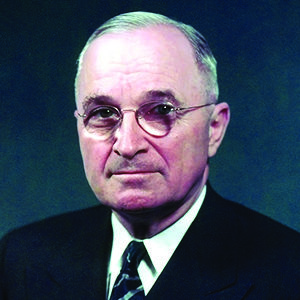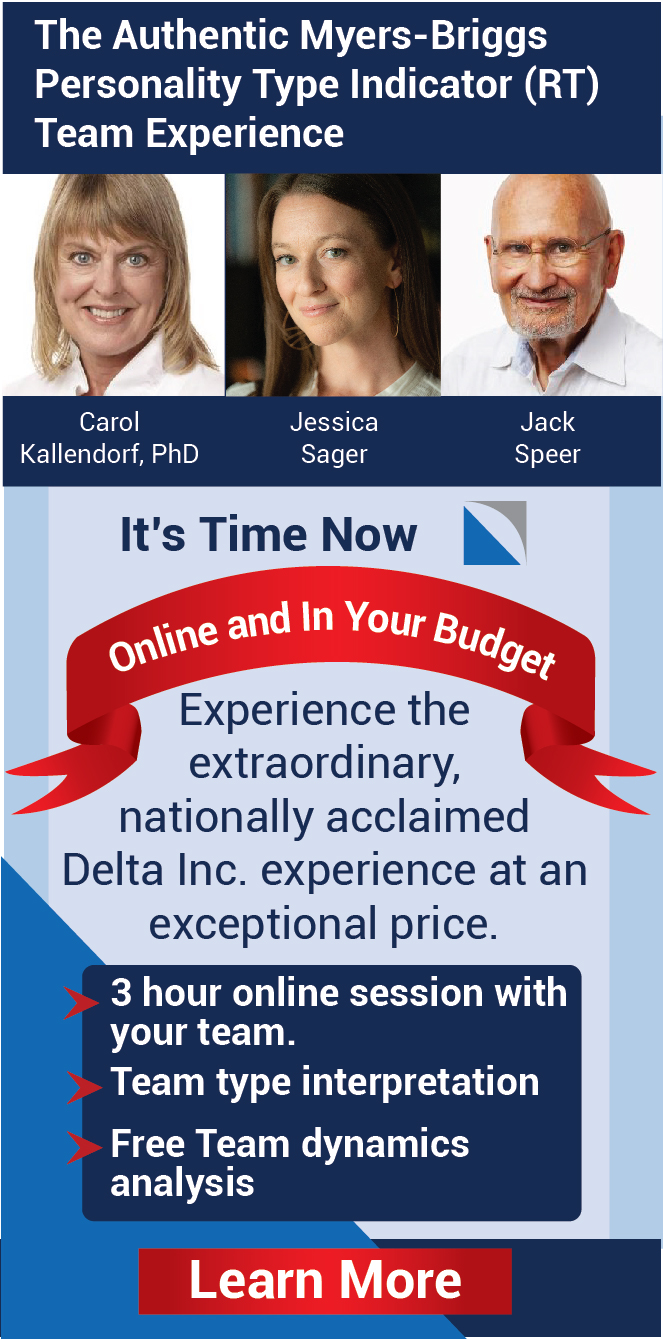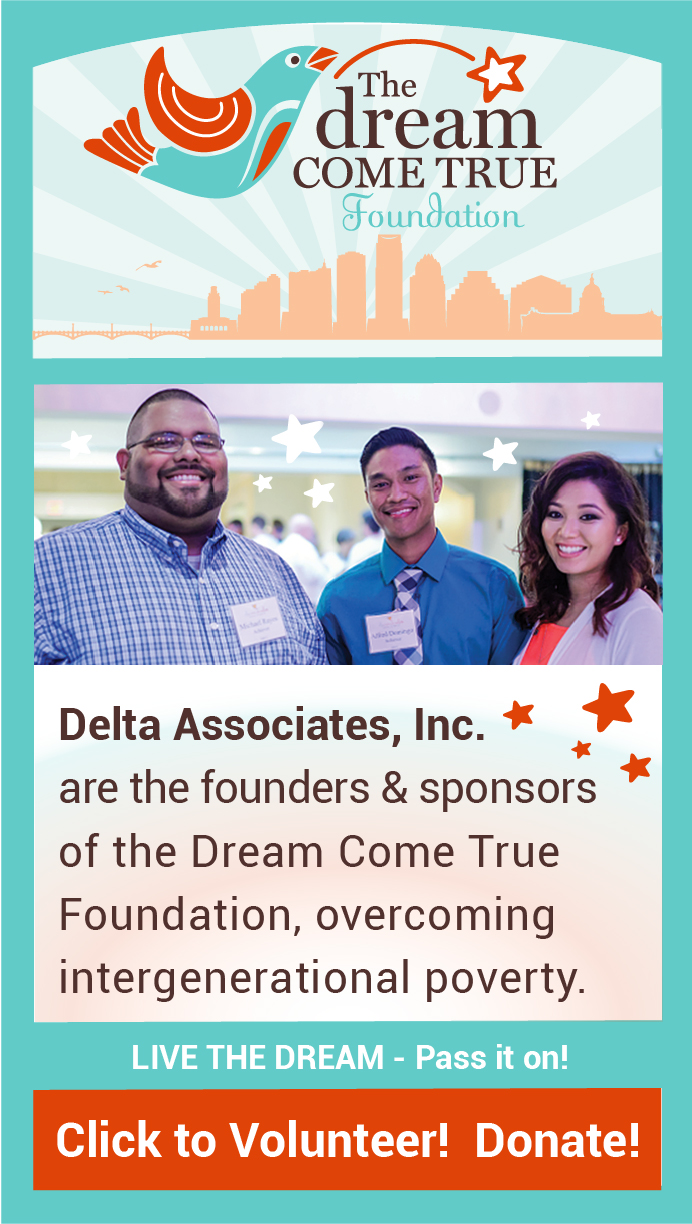What is the ISTJ Personality?
ISTJ’s begin making sense of any situation by first collecting concrete data.They want to know how much money there is in the bank account, what the present product inventory is, when and how often the vehicle was serviced, how many sales were made, and so on. It is then and only then that they begin to collect and systematize it according to accounting procedures, inventory systems, maintenance schedules, and the like. ISTJ’s are often seen in accounting, banking, law and law enforcement, the insurance industry, and professions that require gathering data.

Warren Buffett, one of the world’s wealthiest men, has taken an ISTJ’s approach to investments throughout his life. He invests in things he knows, those things whose past is known and future potential can be seen, usually of great utility.
ISTJ’s are skilled at arranging and ordering data in a way that is useful to organizations. ISTJ’s want to fit data and facts into clear and established structures and systems.
ISTJ’s create invaluable pictures of the trends in organizations from past to present. How well is the organization doing this year compared to last year? What approaches are working better or worse from previous years until now? Their contribution allows organizations to make rational and fact-based decisions.
ISTJ’s value independence and like to work at jobs where they can complete work without interruption and present the results. They often contribute to meetings with data and analysis. They see the meeting as an opportunity to contribute the data they have produced and expect the meeting to be focused and well run. ISTJ’s often appear at a meeting with reams of data and spreadsheets under their arms that document past information.
ISTJs as Team Members
Others may have lost or misfiled them. The ISTJ will usually have maintained them carefully. The ISTJ is the person within the group with the facts. They can be quite effective in groups where their responsibility is to find and present the data. Because the ISTJ is most often skilled at managing functions that are core to organizations, they are rarely absent from a department or team. When key decisions are to be made, the ISTJ will want to know if there is data to support the decision. ISTJ’s tend to be very confident about their decisions and opinions, because they have formulated them from data and proven experience.

Harry S. Truman unexpectedly became the 33rd President in 1945 when Franklin Roosevelt died. As an ISTJ type, the “buck stopped here.”
Truman was data-driven person. He reasoned that more people would die without the bombing of Hiroshima, so he made his decision. If the group wants to chart a new course, they will more effectively convince the ISTJ if their strategy has been successful in some organization and they have proper supporting evidence. The ISTJ will also most often have to be convinced that the change will benefit the organization. He or she will not usually be attracted to change for change sake.
ISTJ’s can have very outgoing personalities, but they will tend to be most effective in groups they know and trust.
In group settings where they feel no direct involvement or responsibility, they can seem disconnected. ISTJ’s may appear to be a “thorn in the flesh” to organizational schemes that don’t fit into what the ISTJ considers to be clear ethical norms. ISTJ’s sometimes see things as “black and white,” and they can thwart those types that tend to believe that the outcome is more important than the means of getting there. They may not be seen as “team players,” if asked to bend rules or interpret them in favor of the group in the face of “clear meaning.”
What Are ISTJ Issues and Challenges in Groups/Best Alliances?
Because the ISTJ supports his or her whole decision-making process through the use of data, he or she may ignore or even distrust “blue sky discussions” where groups seek to identify possibilities and theoretical strategies. In new situations where past data has no application, the ISTJ can feel immobilized. He or she may reject experimental strategies and improvisation. They may also not be well attuned to team dynamics and may mistrust emotion.
In cases where taking a new, untried direction, is necessary, the ISTJ should ally with those types who are more inclined to work on theory and experimentation. The ISTJ will need to learn to trust the intuitive directions of those who devise new ways of doing things. Even in this process, the ISTJ will be valuable in measurement and in testing assumptions. Once a way is devised to quantify and measure new strategies, the ISTJ will be the natural person for this task.
ISTJ’s and The Rest of Their Lives
ISTJ’s, valuing and upholding systems, see society as one huge system composed of law and social responsibility. For the ISTJ, tradition is based on what has worked in the past and should be used to guide our present.
They are very loyal to family and traditional institutions. ISTJ’s can be “steady as a rock” as spouses and parents. They are loyal and dutiful husbands, wives and parents. They care for the needs of their family by taking care of their financial needs and providing them with security. They want to uphold traditional values by taking care of their own financial needs and maintaining security for themselves and their families. They can be loyal even when their spouse or children do not act responsibly. They may not understand the need of someone they care about, but once they recognize that need, they will try to fulfill it. They value holidays as the marking of times that uphold the cohesiveness of society around them. They are often the glue that holds families, corporations, and associations together.
ISTJ Fast Facts
THUMBNAIL
ISTJ’s are most often key players in business because of their ability to organize data such as facts, figures and numbers. They most enjoy developing their work individually and presenting it to the team. They value tradition, stability, and predictability.
THREATS
ISTJ’s base their decisions on historical data and may have difficulties in understanding emerging trends for which no past data exists. They can be resistant to change.
PERCENTAGE OF POPULATION
A relatively large personality type group, 11.6% of the population.
COMMON CAREER TRACKS
ISTJ’s can deploy in a variety of roles. They are most often seen in Management, Accounting, Data Processing, and in the legal profession (such as in contract law).

Austin, Texas
Santa Fe, New Mexico
Carol Kallendorf, PhD. | (512) 417-9756
Jack Speer | (512) 417-9428
We value your comments. Please let us know of any suggestions you have for this website, or for technical problems please email jspeer@delta-associates.com.
All contents Copyright © 2010-2023 The Delta Associates. All rights reserved.
Myers-Briggs Type Indicator® MBTI®, is a registered CPP, Inc. FIRO-B™ and CPI 260™ are trademarks of CPP, Inc.
The Delta Associates 360-Degree Assessment™ is a trademark of The Delta Associates.



















